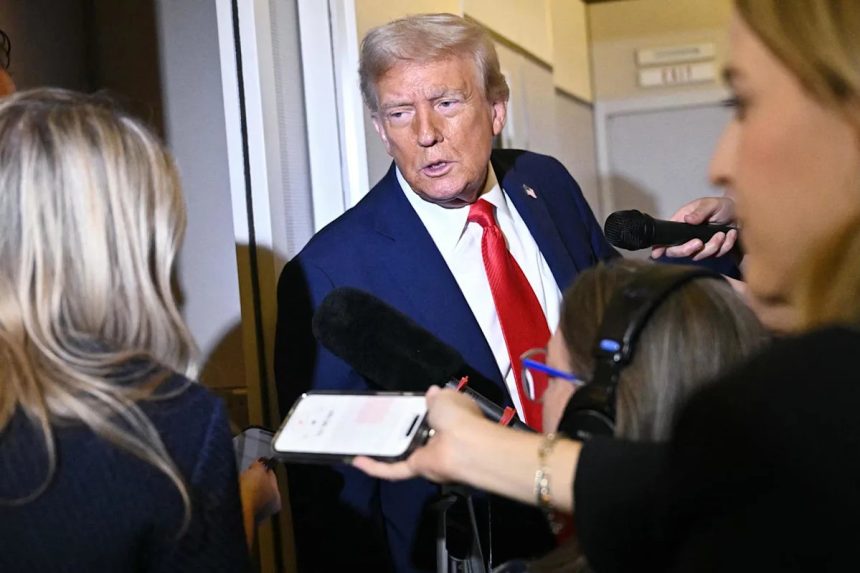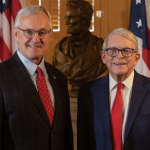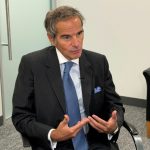Donald Trump’s offensive against the nation’s free press has been ongoing for years, but it reached a radical new level last week.
Over the course a few days, Trump’s Federal Communications Commission helped push a comedian off the air; the president suggested “evening shows” are “not allowed” to criticize him; he filed a laughable lawsuit against The New York Times for running coverage he disapproved of; he argued that networks that give him “only bad publicity” risk losing their broadcast licenses; and Defense Secretary Pete Hegseth imposed new restrictions on reporters working at the Pentagon.
Late Friday, he went considerably further. The New York Times reported:
President Trump said Friday that news reporters who cover his administration negatively have broken the law, a significant broadening of his attacks on journalists and their First Amendment right to critique the government. A day after asserting that broadcasters should potentially lose their licenses over negative news coverage of him, Mr. Trump escalated his condemnations of the press, suggesting such reporters were lawbreakers.
“They’ll take a great story and they’ll make it bad,” he told reporters, referring to media outlets. “See, I think that’s really illegal.”
In case this isn’t obvious, there are no laws prohibiting journalists for running reports about a story the White House considers “great” and making it look “bad.”
At the same Oval Office event, the president said networks, in order to maintain broadcast licenses, “have to show honesty and integrity.” Asked who gets to decide whether those standards are being met, he didn’t answer.
For good measure, Trump concluded that when coverage of someone is “bad” 97% of the time, “that’s no longer free speech.”
For those with even a passing familiarity with the basics of the First Amendment and civil liberties in the United States, Trump’s rhetoric was obviously bonkers, if not aggressively un-American. But for some outside the United States, the offensive against his own country’s free press probably seems quite familiar. The Associated Press reported:
The tactics are similar to those used by leaders in other countries who have chipped away at speech freedoms and independent media while consolidating political power, including Hungarian Prime Minister Viktor Orbán, a close Trump ally whose leadership style is revered by many conservatives in the U.S.
Brendan Nyhan, a political scientist at Dartmouth College, told the AP: “What we’re seeing is an unprecedented attempt to silence disfavored speech by the government. Donald Trump is trying to dictate what Americans can say.”
The New York Times published a separate report along similar lines:
A comedian steps onto the stage and makes a joke or barbed comment that offends a powerful leader. Or maybe it’s a cartoon or television program that pushes buttons. Regardless, the targets and their ilk accuse the creators and their bosses of violating moral standards and national virtues. Then the state cracks down. The authorities issue threats, exert financial pressure and hint at shutdowns, as the humorists hire lawyers, executives cower and everyone learns the obvious: Nothing negative or embarrassing will be allowed about the government or its friends.
Those who live under authoritarian regimes, the analysis noted, are “familiar with this scenario.” In 2025, however, it’s the incumbent American president who has “pushed the United States closer to that club.”
This article was originally published on MSNBC.com









